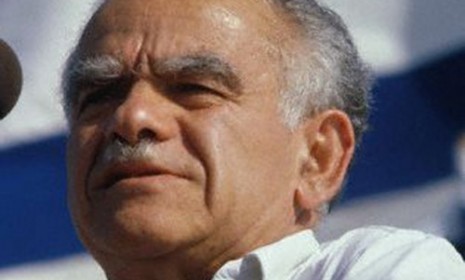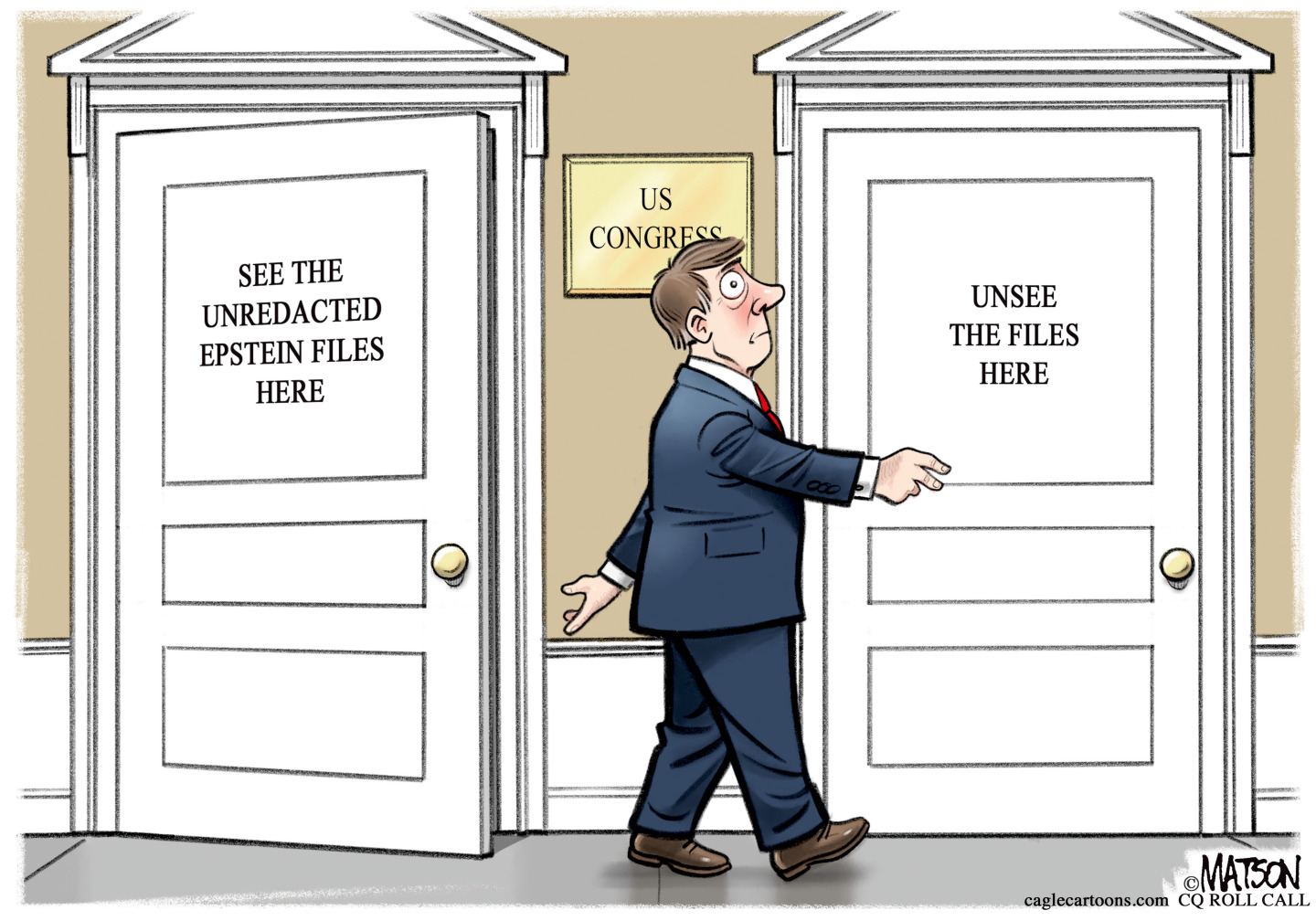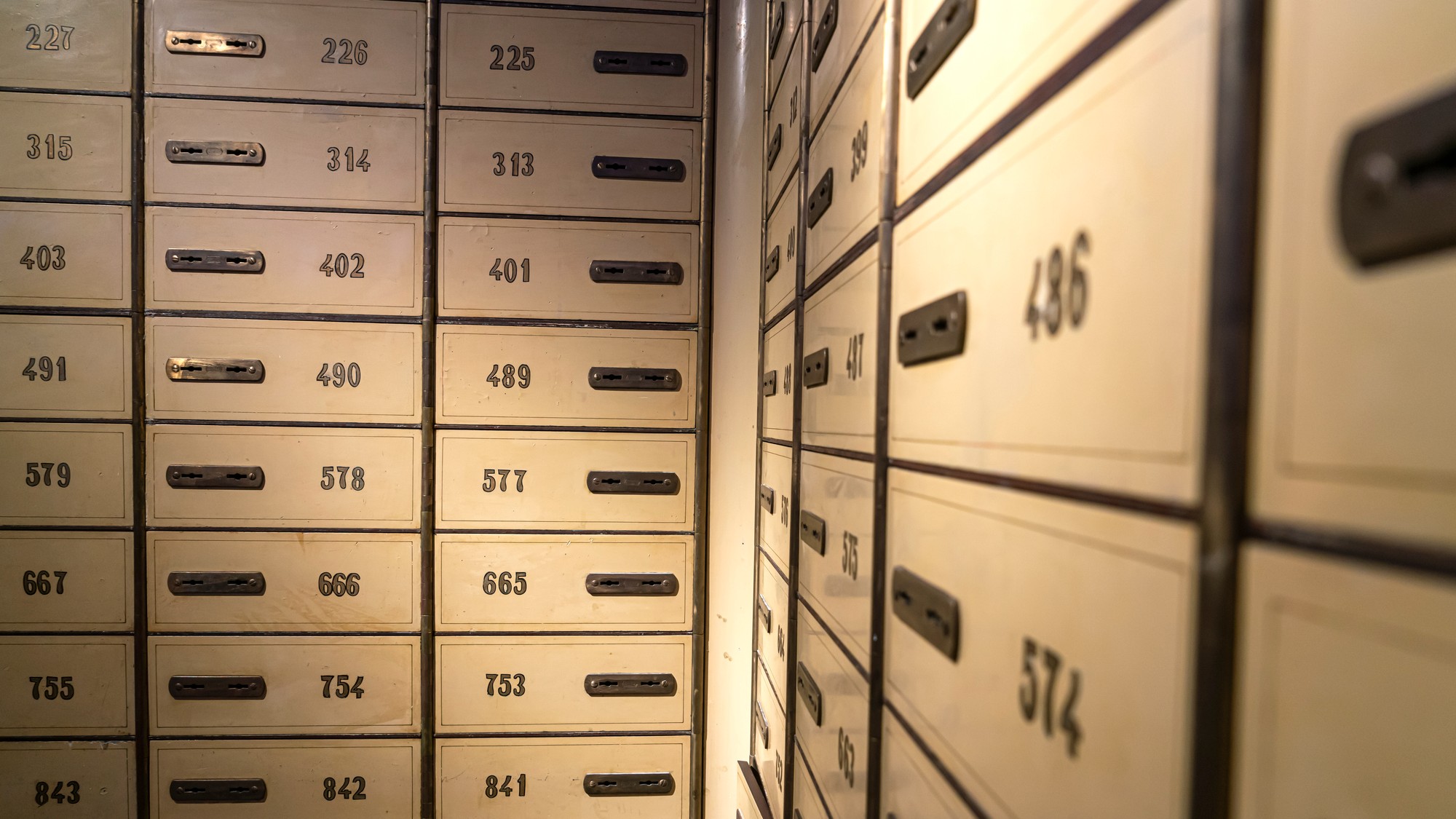The struggle over Israel's settlements
President Obama wants the Israelis to freeze settlement construction. Why won’t they?

A free daily email with the biggest news stories of the day – and the best features from TheWeek.com
You are now subscribed
Your newsletter sign-up was successful
How did the settlements come about?
They’re the result of Israel’s victory in the Six Day War in 1967. When the Israelis drove back massed troops from Egypt, Syria, and Jordan, they gained control of the Gaza Strip, which was previously controlled by Egypt, and the West Bank (including East Jerusalem), which was part of Jordan. Israel soon began establishing Jewish settlements in those areas, both as military buffers against its Arab enemies and as political “facts on the ground” to solidify its hold on the disputed territories. Spearheading the settlement movement, then and now, are religious Zionists who believe in a “greater Israel” stretching from the Jordan River to the Mediterranean. Establishment of a greater Israel, they believe, will fulfill a biblical mandate, hastening the coming of the Messiah. “We build small heavens here,” says settler Arie Lipo. “We are the people of the Bible.”
Are all settlers religious?
The Week
Escape your echo chamber. Get the facts behind the news, plus analysis from multiple perspectives.

Sign up for The Week's Free Newsletters
From our morning news briefing to a weekly Good News Newsletter, get the best of The Week delivered directly to your inbox.
From our morning news briefing to a weekly Good News Newsletter, get the best of The Week delivered directly to your inbox.
No. Some 35 percent are secular and were drawn to the outposts for quality-of-life reasons, not theology. Israel is a tiny and crowded country, and for secular Israelis, the settlements beckon the same way American suburbs did in the 1950s and 1960s. Over the years, successive Israeli governments encouraged settlements by offering an array of housing, education, and tax subsidies and by building power and sewer lines and roads. Apartments in the Ma’ale Adumim settlement cost one-third as much as those in Jerusalem, just four miles away. Municipal worker Benny Raz moved to the Karnei Shomron settlement, near the Palestinian city of Nablus, because housing subsidies enabled him to upgrade to a spacious four-bedroom house. “I came just for a good life,” he says. “It wasn’t ideological.”
What are these communities like?
Scattered throughout the West Bank’s hilly, rocky terrain, some resemble booming suburbs, with high rises or rows of homes with red-tiled roofs. Others are rural and isolated, consisting of a couple dozen metal shacks and pre-fabricated trailers on unpaved fields, patrolled by a few wary guards. Ma’ale Adumim, the biggest settlement, is home to 30,000 Jews and boasts a large shopping mall, several schools, and a recreation center. Altogether, about 300,000 Israeli citizens now reside in 121 settlements in the West Bank, which is also home to 2.5 million Palestinians. An additional 200,000 Israelis live in new East Jerusalem neighborhoods built since Israel captured the area in 1967. Some 9,000 Israelis were living in 21 settlements in Gaza, but they were evacuated when Israel decided to unilaterally withdraw from that troubled area in 2005. (See below).
Are the settlements legal?
A free daily email with the biggest news stories of the day – and the best features from TheWeek.com
While most are legal under Israeli law, they are widely regarded as illegal under the Geneva Conventions, which bars the settling of civilians in occupied territory. The United Nations, the International Court of Justice, and many Western nations have declared the settlements illegal. But Israel’s government says the settlements constitute legitimate self-defense, since they keep hostile Palestinians farther away from Israel proper and thus impede military attacks and terrorist incursions.
Does this dispute affect peace talks?
Yes. The Palestinians have refused to resume peace talks with Israel unless settlement growth is frozen, including what Israel calls the “natural growth” of existing settlements. This growth, Israel says, allows the adult children of settlers to set up their own homes and apartments. Critics say the settlements, security fences, roads, and military infrastructure around them now constitute about 40 percent of the West Bank, cutting the territory into disjointed subdivisions and making a Palestinian state impossible. “Natural growth in an illegal settlement doesn’t make it legal,” says Palestinian lawmaker Mustafa Barghouti. “Any continuation of settlement growth is going to end the two-state solution.”
What is Israel’s position?
Essentially, that the settlements are valuable bargaining chips, to be traded only if the Palestinians and other Arab states renounce terrorism and recognize Israel’s right to exist. Prime Minister Benjamin Netanyahu has said that Israel will not build any new settlements but can expand existing ones—especially on land Israel hopes to end up with after any final-status deals with the Palestinians. Indeed, in recent weeks Netanyahu has approved hundreds of new units in settlements, drawing rebukes not only from the Arabs but also from the White House. A complete freeze, Netanyahu says, would unfairly disrupt the “normal life” of the settlers.
What is the U.S. position?
In contrast to the Bush administration, the Obama administration has pressured Israel for a full settlement freeze. But with Netanyahu refusing to bend, Obama now is calling on both sides to resume talks without preconditions, leaving the settlement issue for later. “It is past time to stop talking about starting negotiations,” Obama said last week. “It is time to move forward.” Palestinian negotiator Saeb Erekat says Israel’s defiance has damaged Obama’s credibility. “If Obama cannot stop settlement activities,” Erekat says, “who in the Arab world is going to believe he can reach an agreement on borders, Jerusalem, and refugees?”
It happened in Gaza
When then–Prime Minister Ariel Sharon’s government decided in 2005 to abandon Gaza, there were widespread concerns that the 1,700 mostly Orthodox Jewish families living on settlements there would resort to violent resistance. But in the end, the evacuation, overseen by thousands of Israeli troops, proceeded peacefully, taking only one week. Israel and the Palestinians agreed that the buildings, including 38 synagogues, would be razed, and the Israeli army undertook that task after residents left. The bodies of 50 Jews buried in the area were relocated. Israel’s religious parties, part of Netanyahu’s ruling coalition, remain bitter about the evacuation and are strenuously opposing a similar move in the West Bank. Still, many settlers acknowledge that they would not engage in armed conflict with their fellow Jews in the Israeli army. “We are idealists,” says settler Ayelet Sandak, who was removed from her Gaza settlement and now is helping to build a new one in the West Bank, “but we are not crazy.”
-
 Political cartoons for February 11
Political cartoons for February 11Cartoons Wednesday's political cartoons include erasing Epstein, the national debt, and disease on demand
-
 The Week contest: Lubricant larceny
The Week contest: Lubricant larcenyPuzzles and Quizzes
-
 Can the UK take any more rain?
Can the UK take any more rain?Today’s Big Question An Atlantic jet stream is ‘stuck’ over British skies, leading to ‘biblical’ downpours and more than 40 consecutive days of rain in some areas
-
 The billionaires’ wealth tax: a catastrophe for California?
The billionaires’ wealth tax: a catastrophe for California?Talking Point Peter Thiel and Larry Page preparing to change state residency
-
 Bari Weiss’ ‘60 Minutes’ scandal is about more than one report
Bari Weiss’ ‘60 Minutes’ scandal is about more than one reportIN THE SPOTLIGHT By blocking an approved segment on a controversial prison holding US deportees in El Salvador, the editor-in-chief of CBS News has become the main story
-
 Has Zohran Mamdani shown the Democrats how to win again?
Has Zohran Mamdani shown the Democrats how to win again?Today’s Big Question New York City mayoral election touted as victory for left-wing populists but moderate centrist wins elsewhere present more complex path for Democratic Party
-
 Millions turn out for anti-Trump ‘No Kings’ rallies
Millions turn out for anti-Trump ‘No Kings’ ralliesSpeed Read An estimated 7 million people participated, 2 million more than at the first ‘No Kings’ protest in June
-
 Ghislaine Maxwell: angling for a Trump pardon
Ghislaine Maxwell: angling for a Trump pardonTalking Point Convicted sex trafficker's testimony could shed new light on president's links to Jeffrey Epstein
-
 The last words and final moments of 40 presidents
The last words and final moments of 40 presidentsThe Explainer Some are eloquent quotes worthy of the holders of the highest office in the nation, and others... aren't
-
 The JFK files: the truth at last?
The JFK files: the truth at last?In The Spotlight More than 64,000 previously classified documents relating the 1963 assassination of John F. Kennedy have been released by the Trump administration
-
 'Seriously, not literally': how should the world take Donald Trump?
'Seriously, not literally': how should the world take Donald Trump?Today's big question White House rhetoric and reality look likely to become increasingly blurred